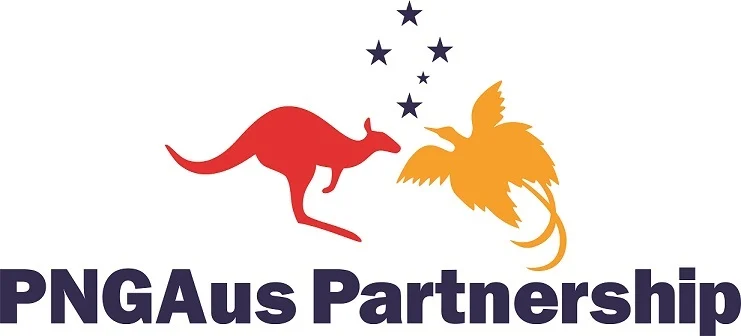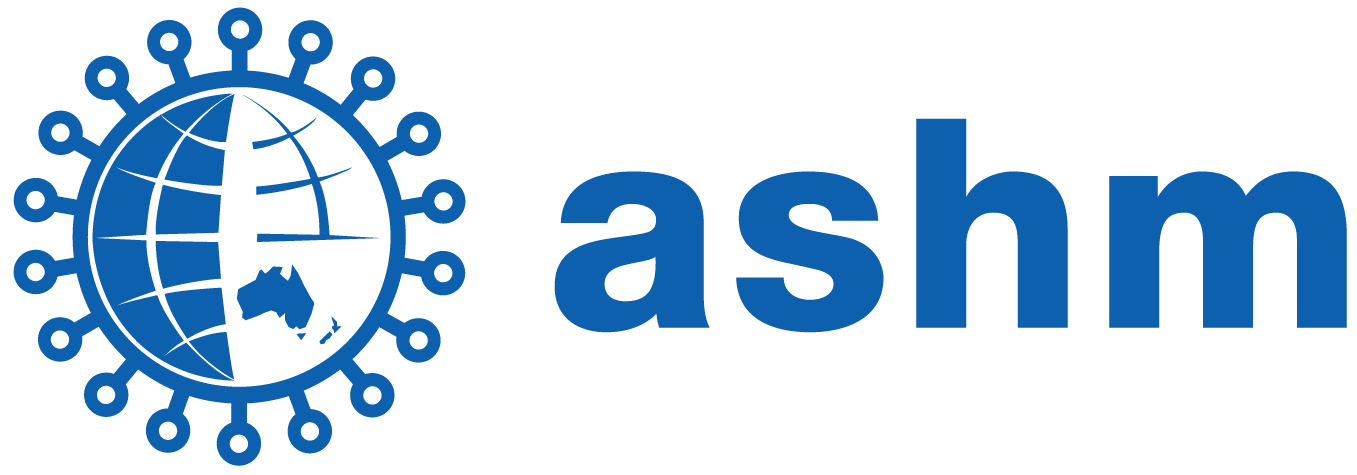The Sexual and Reproductive Health Integration project (SRHIP) recently conducted a Clinical Mentor forum and a Health Manager training in Port Moresby, PNG. Both activities looked at the role of clinical mentors in supporting quality health service delivery.
Both the Sexual and Reproductive Health Integration project (SRHIP) and the Collaboration for Health (CHPNG) Projects in PNG incorporate clinical mentoring training. As travel is now possible the Clinical Mentor Forum was conducted face to face in Port Moresby 29-30th September and brought together senior clinical mentors from both projects across PNG to refresh their clinical mentoring skills with ASHM facilitators.
Prior to the clinical mentor forum this group explored complex case management with Dr John Millan and Dr Arun Memon. They worked with the mentors and explored how to mentor and support ART prescribers with complex cases and built on training provided back in 2019.
The forum provided a brief review of clinical mentoring theory and skills previously presented and included facilitated discussions regarding how and when these skills had been utilised as well as barriers to implementation. The practicalities of implementation were also explored in terms of how mentoring forms, reporting and personal development plans are currently used. This allowed for mentors to provide input and feedback on documentation and reporting and ways in which they can be streamlined and more user friendly.
The mentor forum also provided an opportunity to explore and examine the challenges of mentoring during a pandemic and importantly lessons learnt. Attendees had either received mentor training face-to-face prior to the pandemic or had attended virtual training during the pandemic. This forum therefore also provided an opportunity for mentors across the country to come together in person which resulted in critical peer-to-peer learning opportunities as well as networking.
Following the Clinical Mentor Forum, the Health Managers from across the Catholic Church Health Services came together for a week-long training. This training covered topics including; Administrative Management, Staffing Succession Planning, Incorporating Gender Transformative Approaches, Project Management, Quality Improvement and the role of Monitoring and Evaluation and its role when implementing policy.
Managers reflected on the importance of the clinical mentor role as a vital part of their broader team and expressed an interest in mentoring training for themselves and broader clinical mentoring skills for their teams.
These two workshops provided a mechanism to explore how Clinical Mentors and Health Managers understand their respective roles and importantly how in which these roles can work together on improving patient outcomes whilst implementing and achieving targets outlined in the recent CCHS National Health Strategy 2021 – 2030 which aligns to the broader PNG health strategy. In examining each of their respective roles it allowed the opportunity to discuss and workshop ways in which clinical managers and mentors can work together to ensure they enable time and space for tasks and responsibilities of importance to their role and capacity.
ASHM will continue to support clinical mentors across PNG through various projects and work with funders to explore future opportunities to expand training opportunities and staff development for this important role.
SRHIP is supported by the Australian Government via the Australian Government through the Department of Foreign Affairs and Trade PNG-Aus Partnership.


